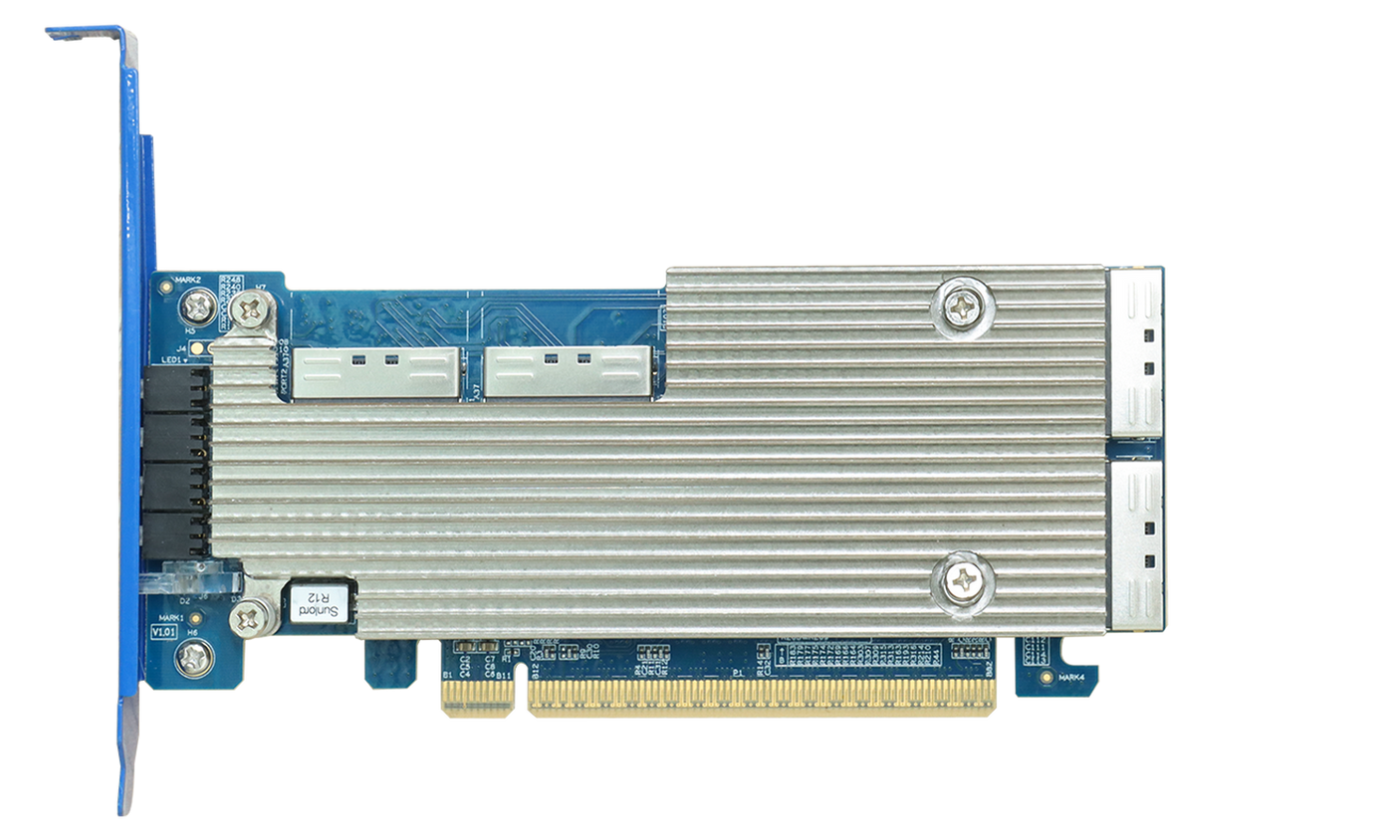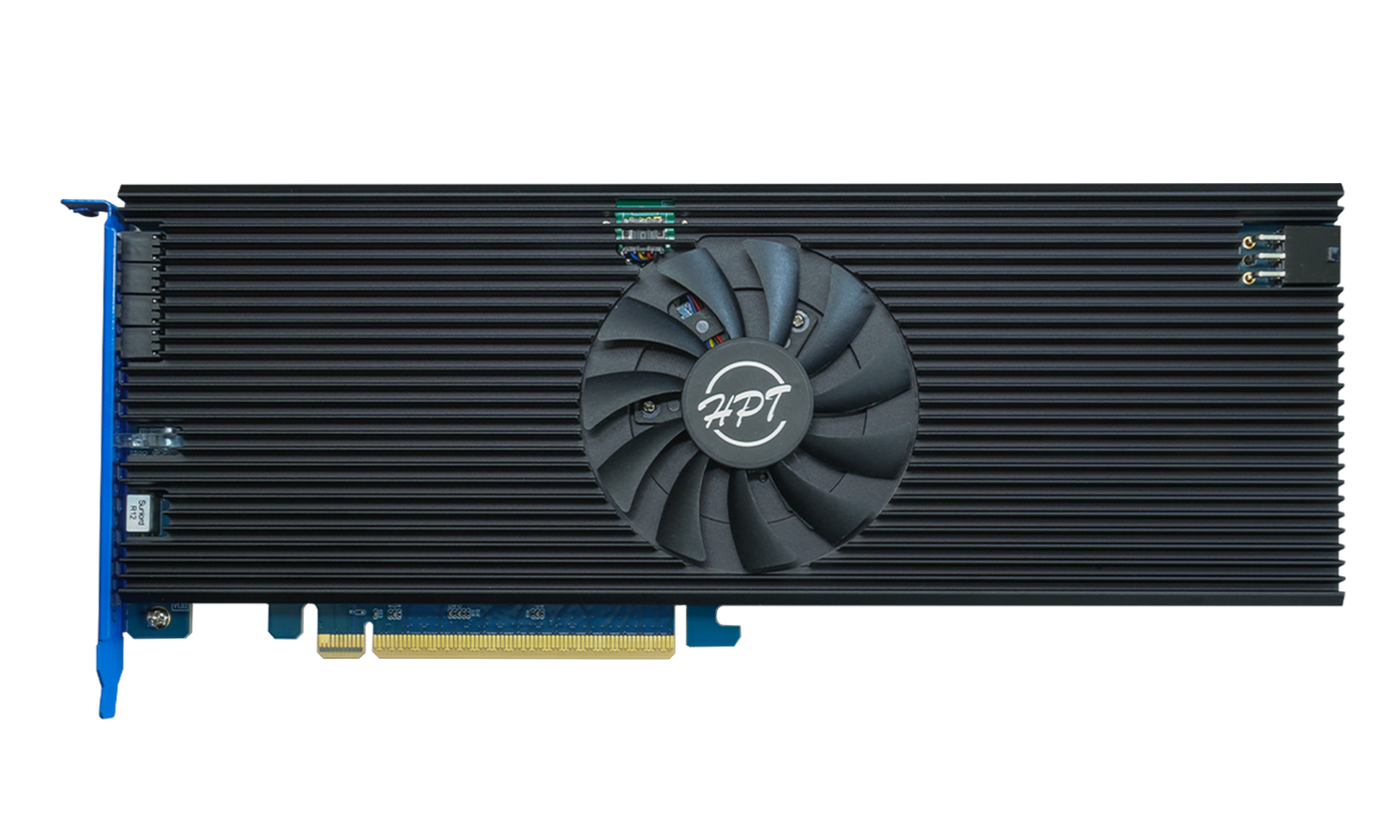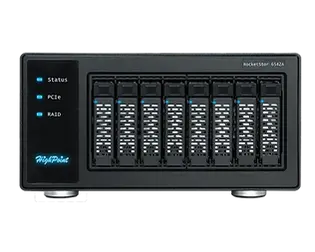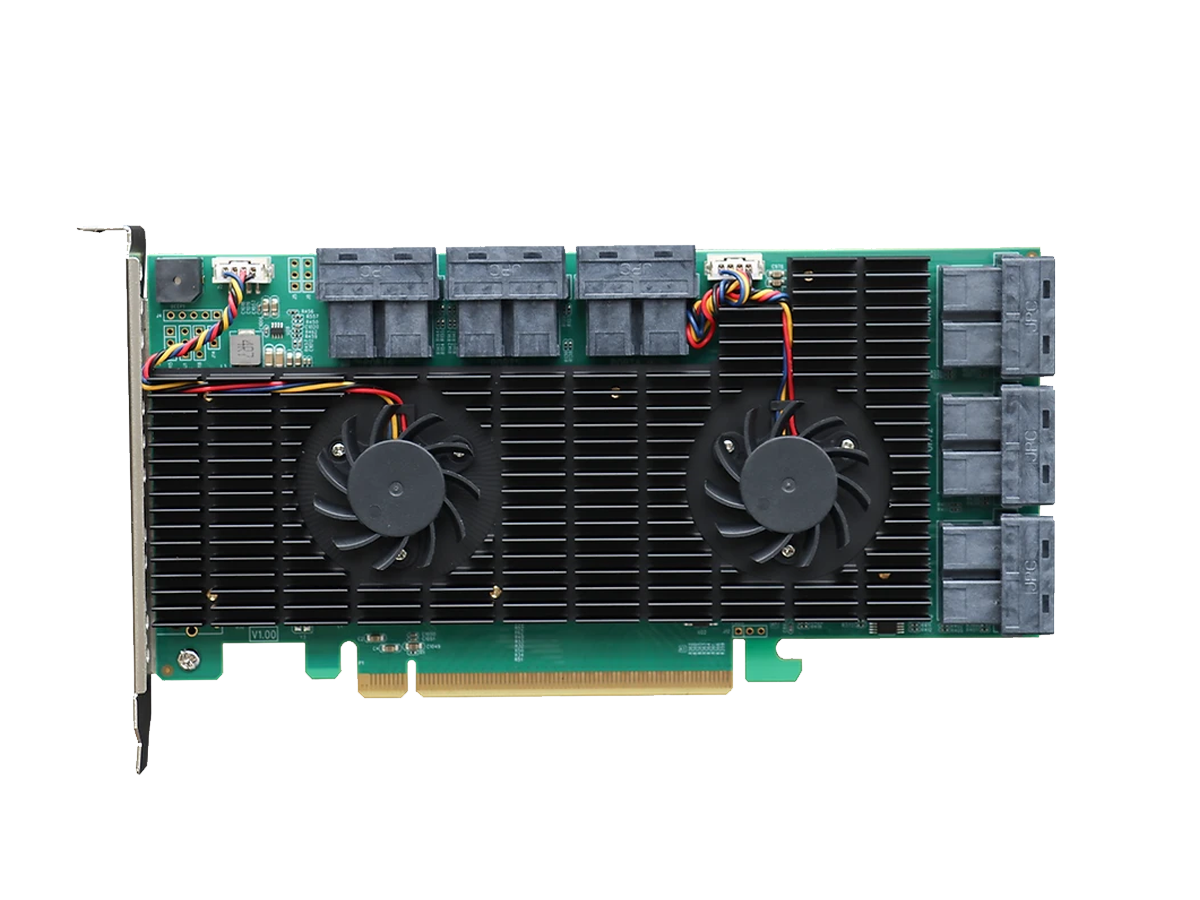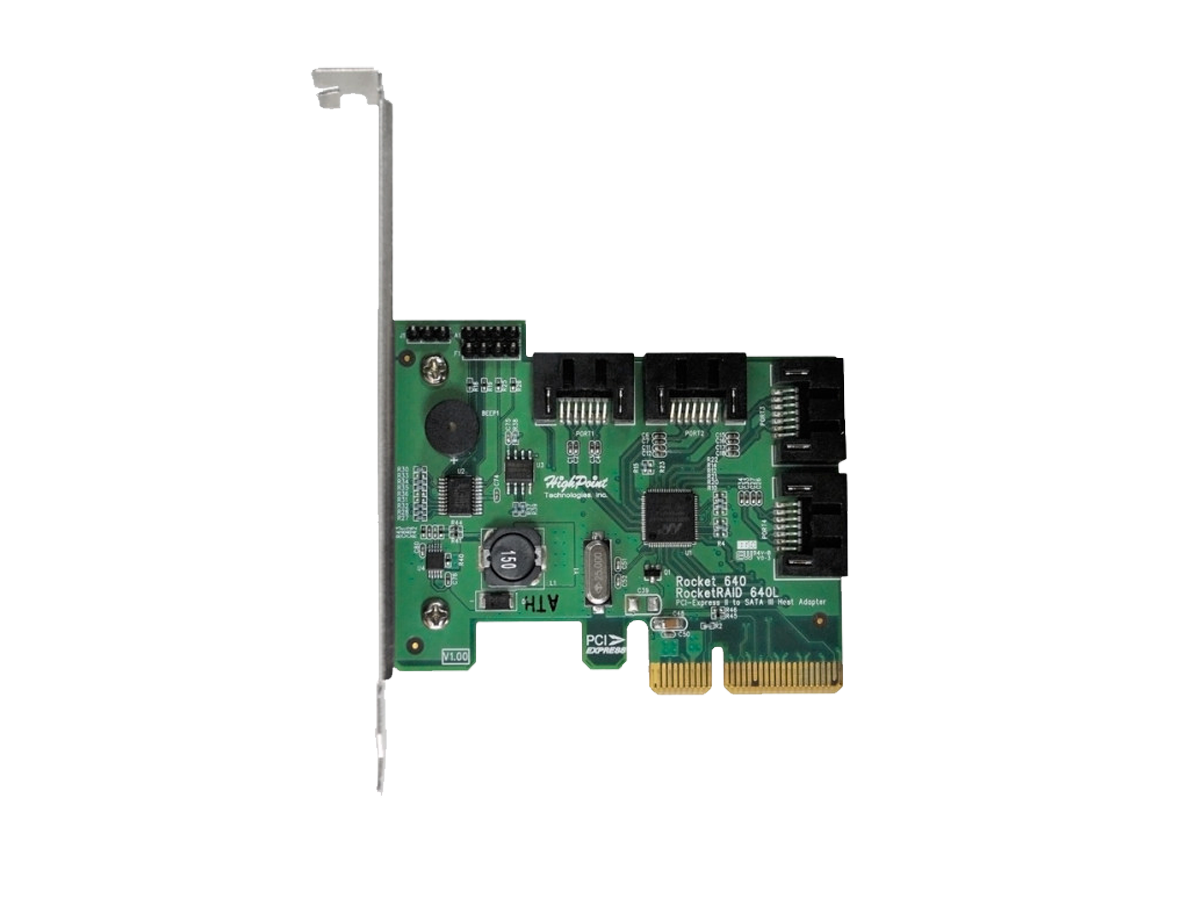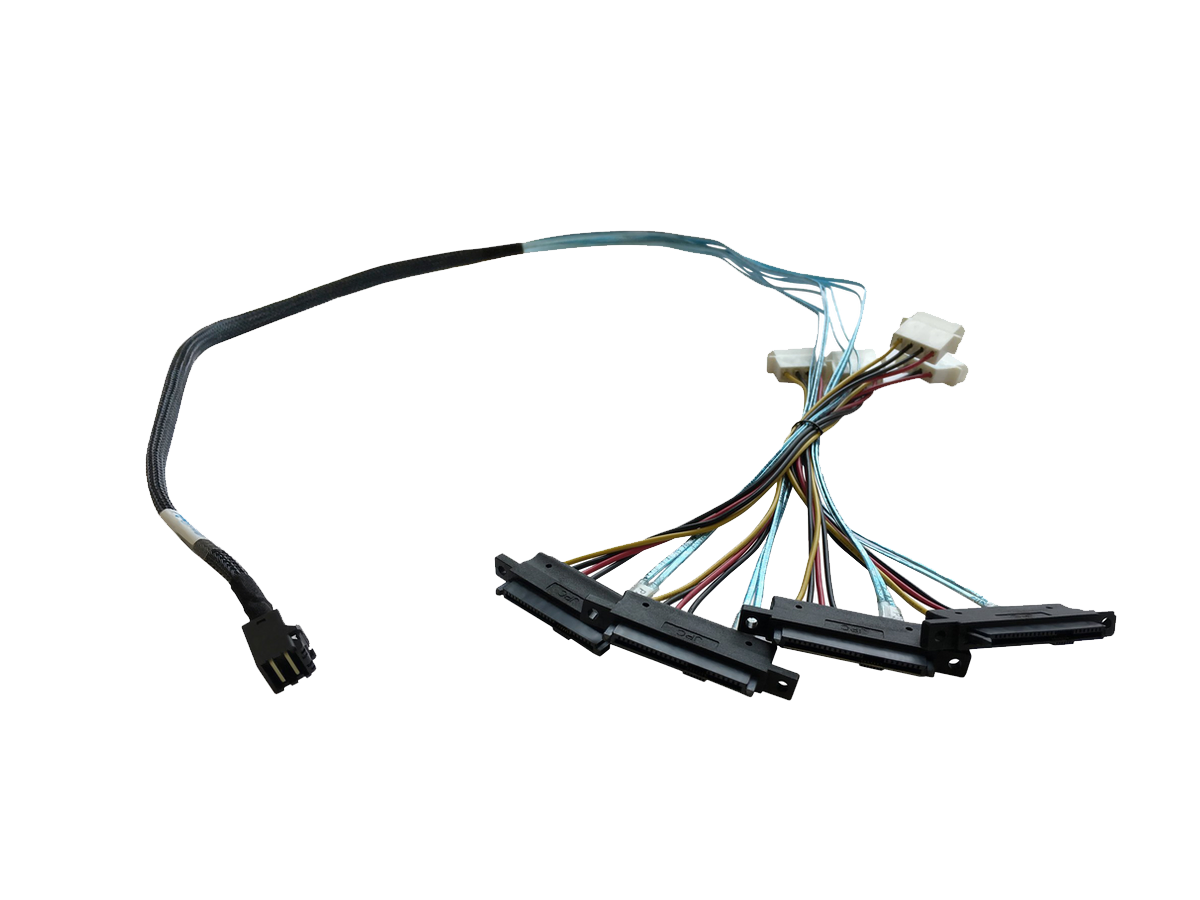top of page
NEWS

Image Title
Describe your image here

Image Title
Describe your image here

Image Title
Describe your image here

Image Title
Describe your image here

Image Title
Describe your image here

Image Title
Describe your image here

Image Title
Describe your image here

Video Title
Describe your video here

Image Title
Describe your image here

Image Title
Describe your image here

Image Title
Describe your image here

Video Title
Describe your video here

Image Title
Describe your image here

Image Title
Describe your image here

Image Title
Describe your image here

Image Title
Describe your image here

Image Title
Describe your image here

Image Title
Describe your image here

Image Title
Describe your image here

Video Title
Describe your video here

Image Title
Describe your image here

Image Title
Describe your image here

Image Title
Describe your image here

Video Title
Describe your video here
Product Categories
NVMe
SAS/SATA RAID
SAS/SATA HBA
USB
Cable
USB 20G

USB 10G

USB 5G

12G SAS RAID

6G SAS RAID

6G SATA RAID

12G Storage Enclosure

6G Storage Enclosure

Communities
Stay up to date with the latest information about HighPoint and our updates for the operating systems. Our communities show the supported versions for each product, FAQs and relevant update notes.
- HighPoint Technologies, Inc. - HighPoint-tech.com
develops and manufactures high-performance RAID storage - connectivity solutions for professional and industrial - offer unique storage and connectivity solutions for a w
bottom of page
.png)













